Volvo Trucks’ D13 Turbo Compound engine now standard on all VNL models; 6% better fuel economy over 2020 engine
Green Car Congress
OCTOBER 8, 2021
The enhanced D13 Turbo Compound (D13TC) engine from Volvo Trucks is now standard on all Volvo VNL models, providing enhanced fuel efficiency and reducing overall cost of ownership. In Europe and other key markets, the D13TC engine has exceeded expectations and has proven to be fuel efficient, reliable and popular with drivers.

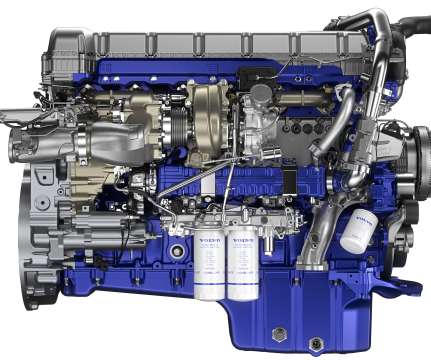





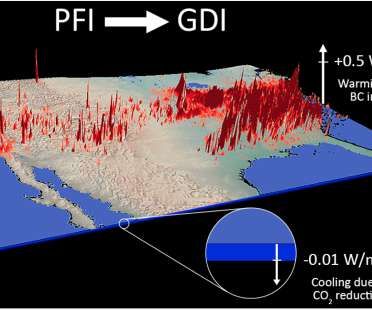
















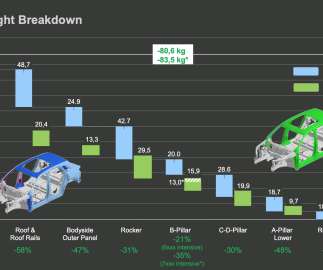

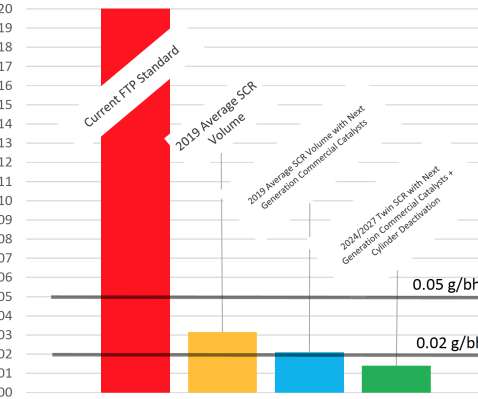



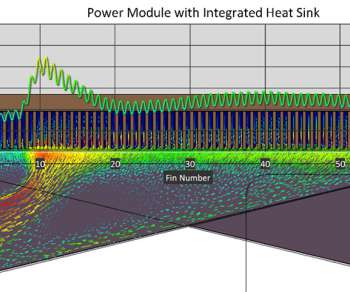










Let's personalize your content